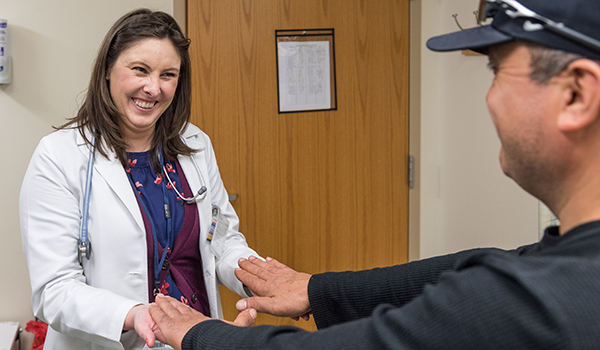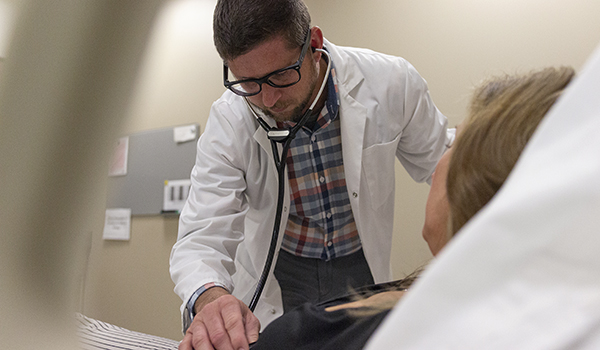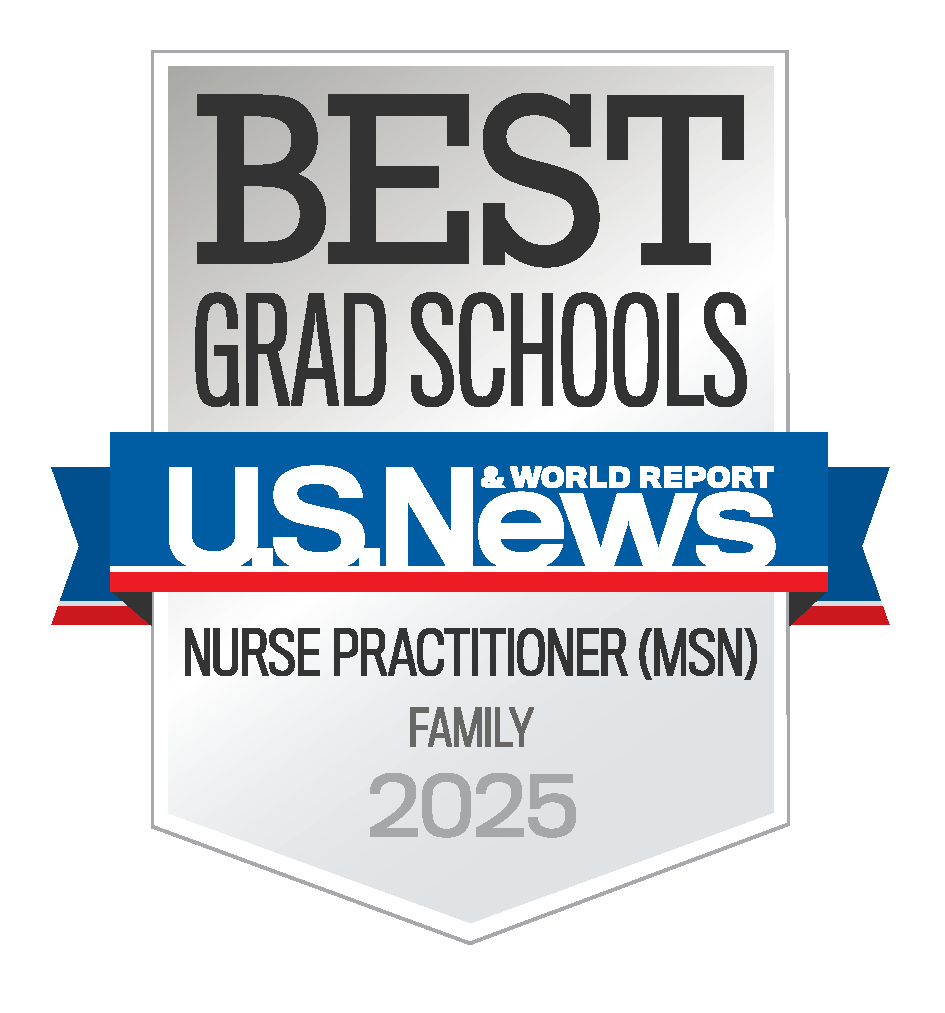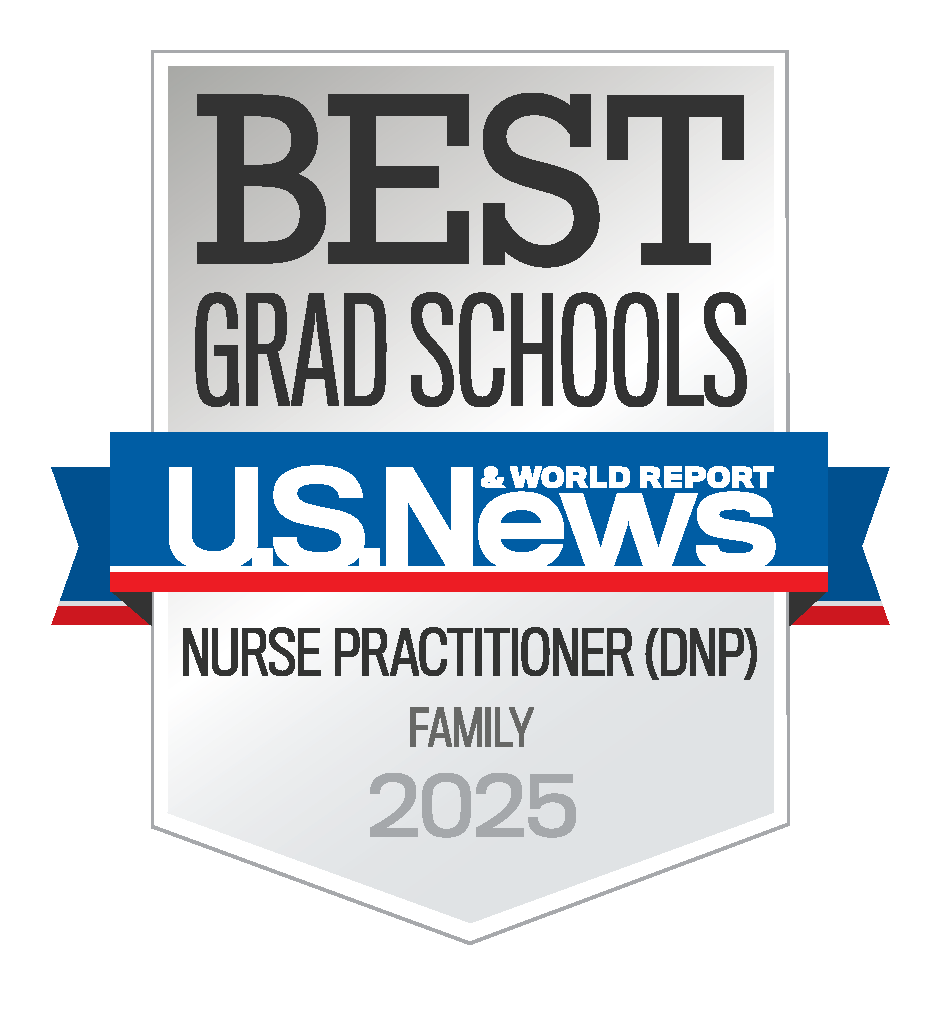Primary Care Family Nurse Practitioner
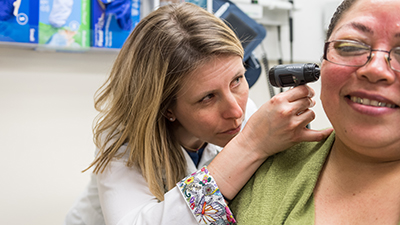
Overview
From school-based health centers and family practice to urgent care and community health clinics, earning a Primary Care Family Nurse Practitioner degree provides flexibility throughout your nursing career. By engaging in health promotion and following patients across the life span, you will be able to utilize these degree skills in ways that are meaningful both to your patients and their families.
The U-M School of Nursing is now offering online degree options for this program!
Is This Specialty Right for Me?
Spend a few minutes to hear directly from the U-M School of Nursing faculty member who leads our Primary Care Family Nurse Practitioner program. It will help you better understand the factors to consider as you decide if this advanced practice specialty program is right for you.
What should I consider when applying?
What can I expect from this program? Why should I study at the U-M School of Nursing? Get answers to these important questions and gain firsthand insight from a graduate to better understand how this advanced practice specialty program can help you reach your career goals.
Learning and Program Plans
In 2019, U-M School of Nursing Primary Care Family Nurse Practitioner students had a 100% pass rate on board certification tests. You can choose from a variety of program plan options to suit your needs, including online and residential learning environments. Our online Primary Care FNP program option is intended to offer the same rigorous education as the U-M School of Nursing’s traditional residential format. The online Primary Care FNP program is designed by faculty along with student input, and consultation with national experts in online learning. Faculty are trained in highly effective and cutting-edge strategies for optimal learning and student engagement. Students admitted to the online FNP program will be required to come to campus for three days per term. On-campus sessions will focus on areas that are essential to student success, including skill building and testing, formative learning experiences, summative assessments of student performance and progression throughout the program, access to expert seminar content and connections with faculty and peers. Once you are admitted to this program, you may choose to pursue an occupational health nursing concentration. The 15-credit concentration is part of the University of Michigan's Center for Occupational Health and Safety Engineering (COHSE). Traineeships in the form of tuition support and stipends are available to eligible students through COHSE, which is funded by the National Institute for Occupational Safety and Health. Visit our tuition information page for more information on online program costs.
